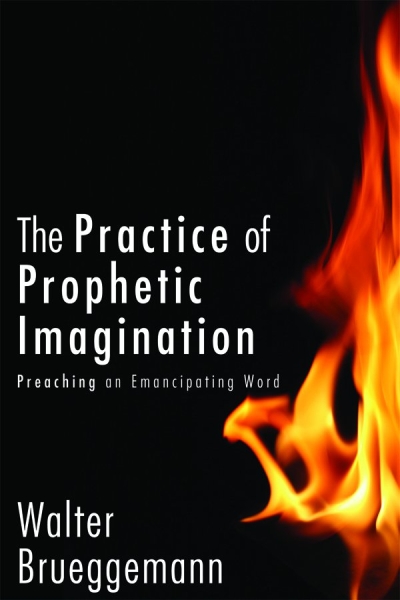Rollins is a great storyteller, and it's through storytelling that he illustrates some pretty dense theological material in a way that is understandable to people whose only experience of theology is through popular culture or the Christians who make it on the news. What I think is important about how Rollins writes is that it isn't dumbed down--he uses theological language, latin phrases, deep philosophical concepts, and theoretical ways of exploring ideas that aren't pedantic or pandering. I think this is the biggest fault of many church leaders seeking to reach a biblically illiterate generation--they speak and preach as though this illiteracy is actually infancy rather than taking the wealth of experience and theologizing the individual has likely done on her own before a religious professional even walked in the room.
Rollins incorporates stories in ways that layer upon each other, so that he's drawing you into a comfortable textual world in which you he introduces you to stories, then points out their relationship to the faith world. In discussing idolatry, he refers to "the MacGuffin," a term used in film making to discuss the item everyone's after, the magnet of the film, so to speak. In a chapter on self and identity, he uses a Miami Vice episode to explore the concept. And the conclusion is a sketch of a poor but whole woman who works miracles, raises suspicions of the authorities, and brings a renewed sense of peace to those she encounters (sound familiar?).
Though the use of popular culture is often taken as good "illustrations" for sermons, it's rare to see them used to such excellent effect as Rollins does. He's not using them to look cool (I mean, Miami Vice?). He's not using them in a way that sounds inauthentic. Rather, he's using them because they are vehicles that make his point in ways that are easily understandable and don't depend on an entirely new theological vocabulary to engage. They take the stuff of theology and make it accessible, make it so it seems like something that actually happens in real life.
The book itself is more a theology book than preaching text, but I do think that the way Rollins puts together the work is worth taking note of. First of all, he takes pop culture seriously as a story-telling medium that can convey meaningful information. He doesn't appropriate it simply to be hip and with it. Instead, he fleshes out the vehicles in ways that are legitimately helpful. (I had never seen an episode of Miami Vice and yet found his explanation quite compelling and easy to follow.)
So...it's got me back on my line of thought about language. Rollins spends much of the text redefining, nuancing, and massaging some hefty theological terms. But he doesn't do it in biblical terms, theological terms, or in terms related to church history. Instead, he's focused on stories. And stories that people will be literate to. I think this in itself is an important notion in my developing understanding of vocabulary for preaching--that stories matter more than the language does, in many cases. Perhaps it's a Brueggemann case after all, with the contents being more important than the vessel.


